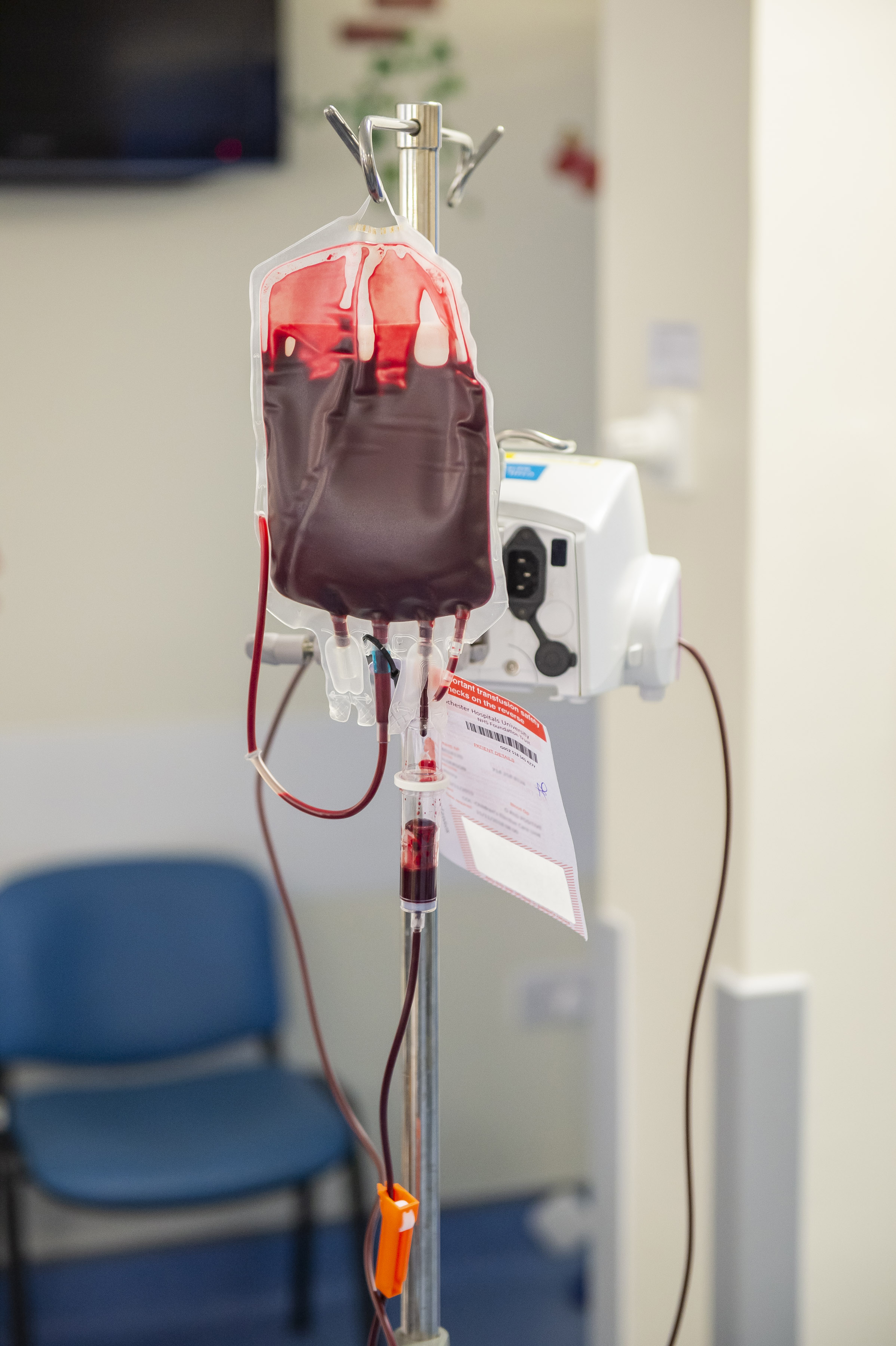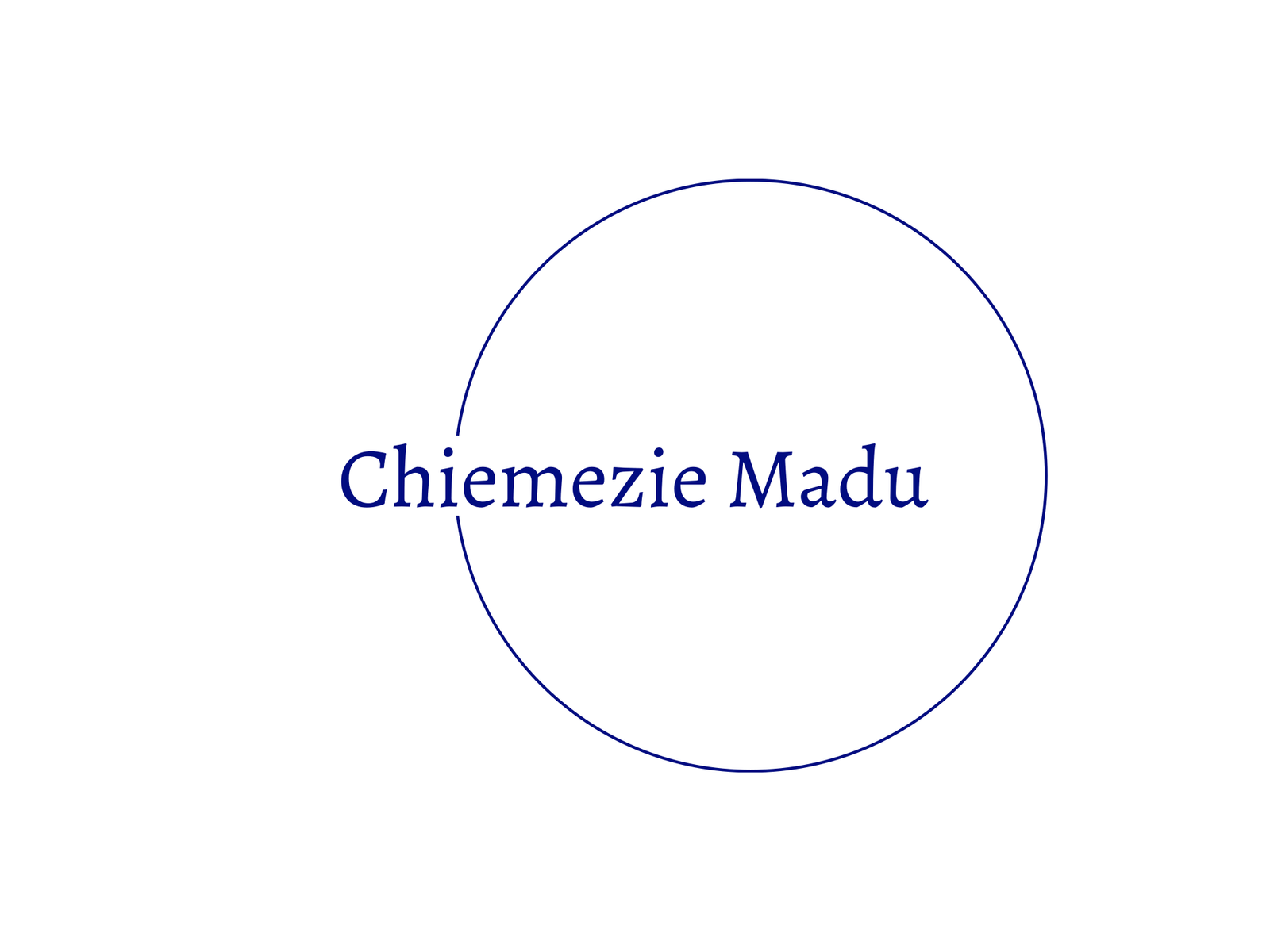Ask any doctor, among their toughest experiences in clinical practice are those that involve Jehovah Witness (JW) patients. Tough, not because they have complex medical problems, but because they present very difficult ethical dilemmas. I share two of my experiences here.

A few months after I graduated from medical school and was undergoing my first posting in internal medicine as a house officer, we had a young patient admitted into the general medical ward. He couldn’t have been more than 20 years old. I forget the exact diagnosis now but whatever it was, he needed to be transfused with blood urgently. The boy was paper-white. He was so anemic that his heart had started to fail.
We offered to transfuse him but his father refused. Every entreaty by the consultant to save the poor boy’s life was rejected by his father. Eventually the consultant insisted on speaking to the boy alone, after all he was above 18. His father left his bed-side reluctantly. I was present at that conversation, and it was a difficult and deeply troubling one. My consultant carefully explained the benefits and urgency of having a blood transfusion at that time and how it was his only option to live. Impatiently but very sickly, he replied that he had told us severally that he wasn’t going to have a transfusion and that his decision was final, even if it will cost him his life. I felt chills run down my spine. Poor me, less than 6 months as a doctor, having to encounter a poor kid in my age bracket having to choose death over a life-saving treatment.

This happened on a Friday afternoon. When I arrived at work the next day, I was told the boy had passed away. I saw his father pack his belongings, pay his bills and walk to the hospital gate to board a taxi. I wondered what was going through his mind at the time. Grief? regret? triumph for upholding his faith? confusion? anger? I couldn’t tell.
My second experience was a few years later. I was a medical officer by then and was on-call overnight in a busy private hospital. It was about 12 midnight when this family wheeled in a gentleman, their middle-aged father who looked very unwell. They were very desperately in need of medical attention and I could see the distress in their eyes. Just as I was about to take a medical history, I stole a quick glance at the patient and froze. He was as white as snow! Cold, clammy, almost pulse-less and breathing heavily. I abandoned my clerking, performed a cursory physical examination and immediately requested for blood from the blood bank. I was about to go to the laboratory myself to hasten things when his son stopped me and said they were Jehovah Witnesses. I sank in my chair. I knew that scenario very well by then.
As expected they asked me to treat him with anything apart from blood. They even brought their own intravenous fluids. I felt really really bad for them. There was nothing I could do. My hands were tied like Osinbajo’s hands so I rang the medical director who said that since we couldn’t offer him the appropriate treatment, they should be referred to the tertiary institution (a Federal Medical Center less than 2km away). They left immediately but I knew he wouldn’t make it through the night. It was sad.

No doctor wants to be faced with such scenarios. After taking an oath to save lives, it is heart wrenching to see lives slip through your hands especially when you know you could have saved them. It is painful. Sometimes you feel guilty afterwards, like could you have done more to make them change their minds? The answer is a firm No. There are stories of doctors who go ahead and transfuse these patients against their wish. That’s a straight path to losing your medical licence. I respect Jehovah Witnesses and their beliefs. In fact some of my very close friends are Jehovah Witnesses. But still, as a doctor, this is one scenario I dread.


I would do a mental capacity assessment on the patient (it’s easy to assume that someone in such state of health would not have capacity), then I’d go ahead and transfuse them in their best interest.
He had full mental capacity (the young man).